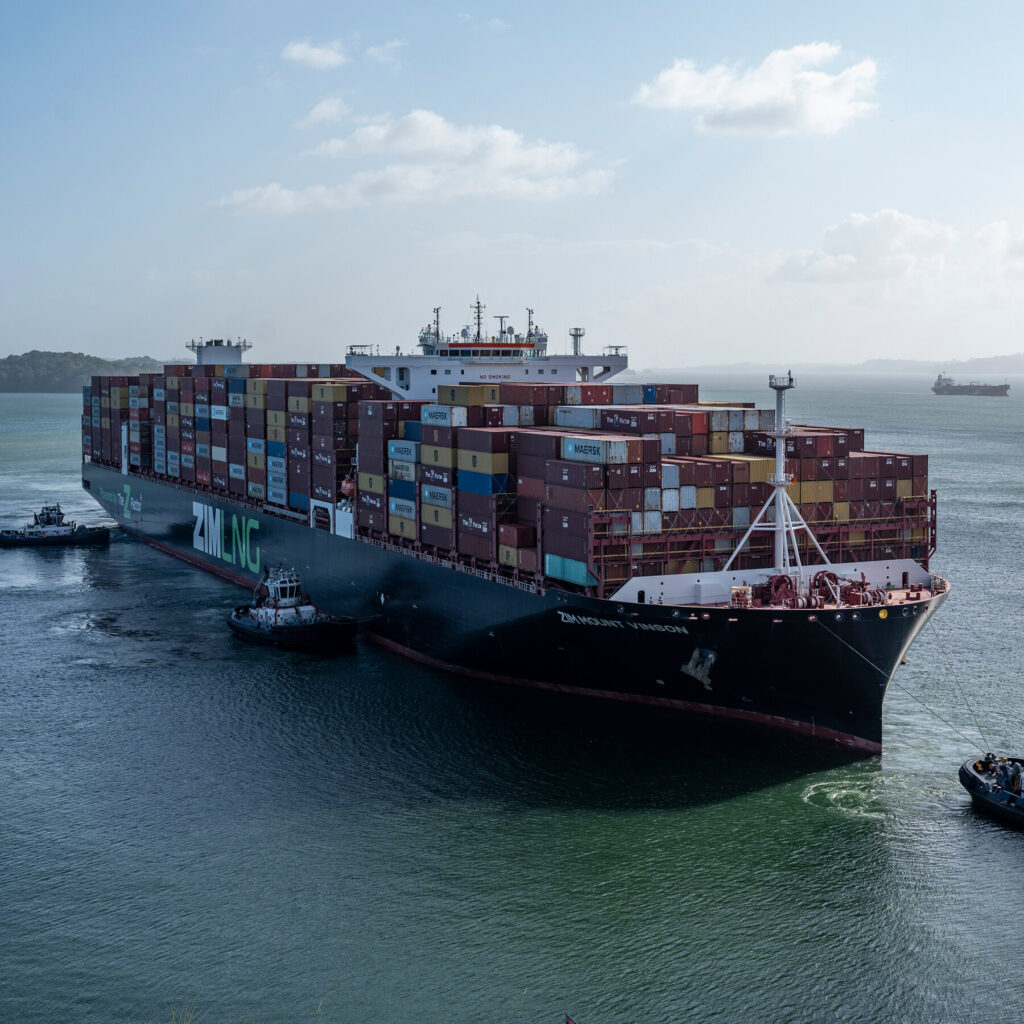Trump Administration Accused of Harassment Tactics to Derail Historic Shipping‑Pollution Fee

The international community was on the verge of adopting the first ever global levy aimed at curbing greenhouse‑gas emissions from commercial vessels when the Trump administration launched a series of aggressive diplomatic moves to halt the measure. Environmental groups and several member states allege that senior U.S. officials resorted to intimidation, threats of retaliation, and outright misinformation in an effort to protect the interests of the American shipping lobby.
The proposal, championed by the International Maritime Organization (IMO), would have imposed a modest fee on the carbon output of ships, creating a market‑based incentive for operators to adopt cleaner fuels and more efficient technologies. The plan, which had secured backing from a majority of the IMO’s 174 member nations, was slated for a final vote at a special session in early June. At that point, a coalition of NGOs, European governments, and developing‑country representatives announced that the fee would generate billions of dollars over the next decade, earmarked for climate‑adaptation projects in vulnerable coastal regions.
According to leaked diplomatic cables and statements from former U.S. envoys, the White House’s Office of International Environmental Affairs instructed its ambassadors to “apply maximum pressure” on the IMO’s secretariat. The tactics allegedly included threats to withdraw U.S. funding for unrelated maritime safety programs, promises of punitive trade measures against countries that supported the levy, and a concerted media campaign portraying the fee as an “unfair tax” that would raise shipping costs and hurt global trade.
U.S. officials, when approached for comment, defended their actions as “protecting American competitiveness” and insisted that the administration was simply advocating for a more balanced approach that would not disadvantage U.S. shipowners. Critics, however, argue that the campaign amounted to bullying, noting that the United States, as one of the world’s largest maritime powers, wielded disproportionate influence over the IMO’s decision‑making process.
The fallout from the episode has reignited a broader debate over the role of powerful nations in shaping international climate policy. While the IMO ultimately postponed the vote, environmental advocates warn that the delay could set a dangerous precedent, allowing a single country to derail multilateral efforts to address emissions from one of the world’s most polluting sectors. The episode also underscores the growing tension between climate‑action ambitions and entrenched industry interests, a clash that is likely to shape future negotiations on global carbon pricing mechanisms.




